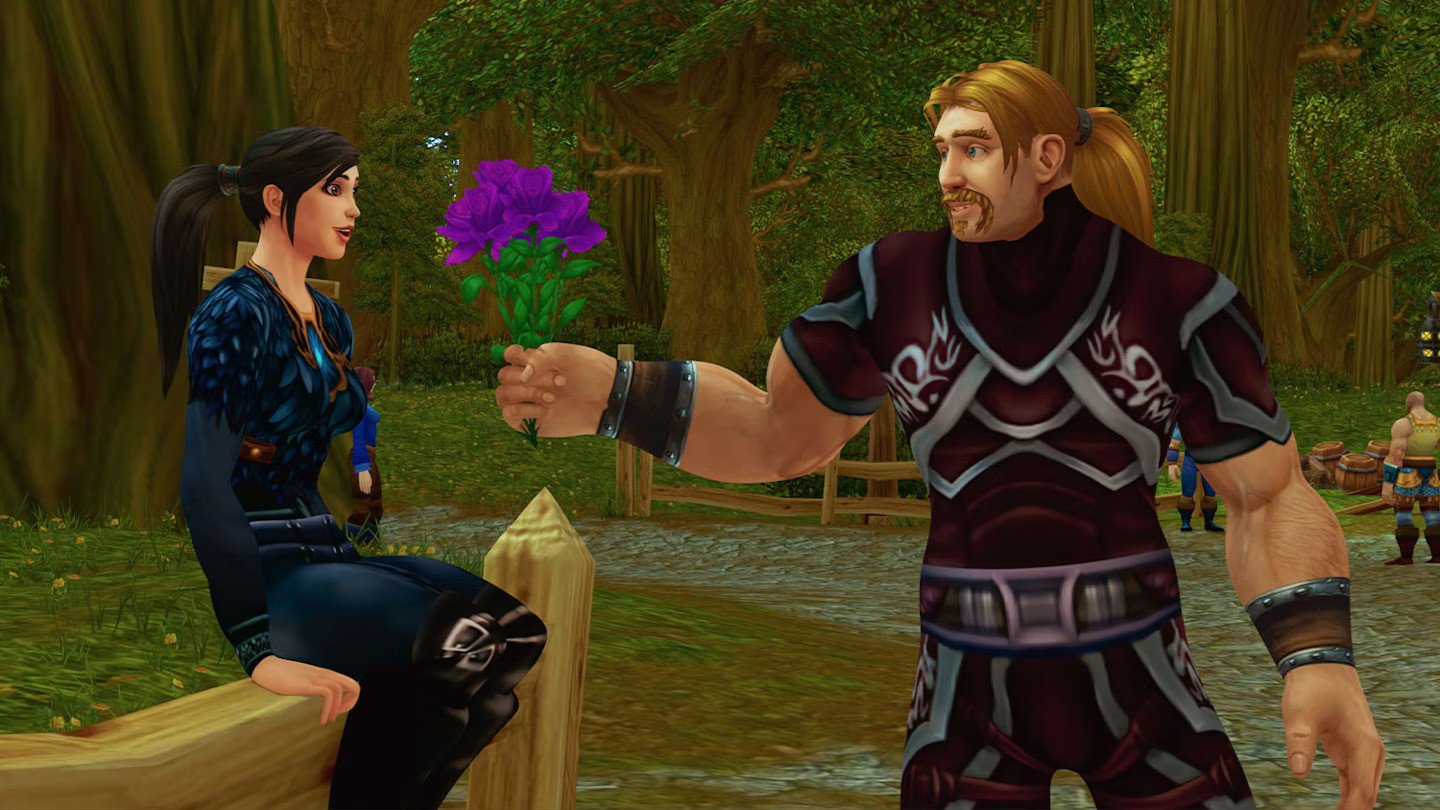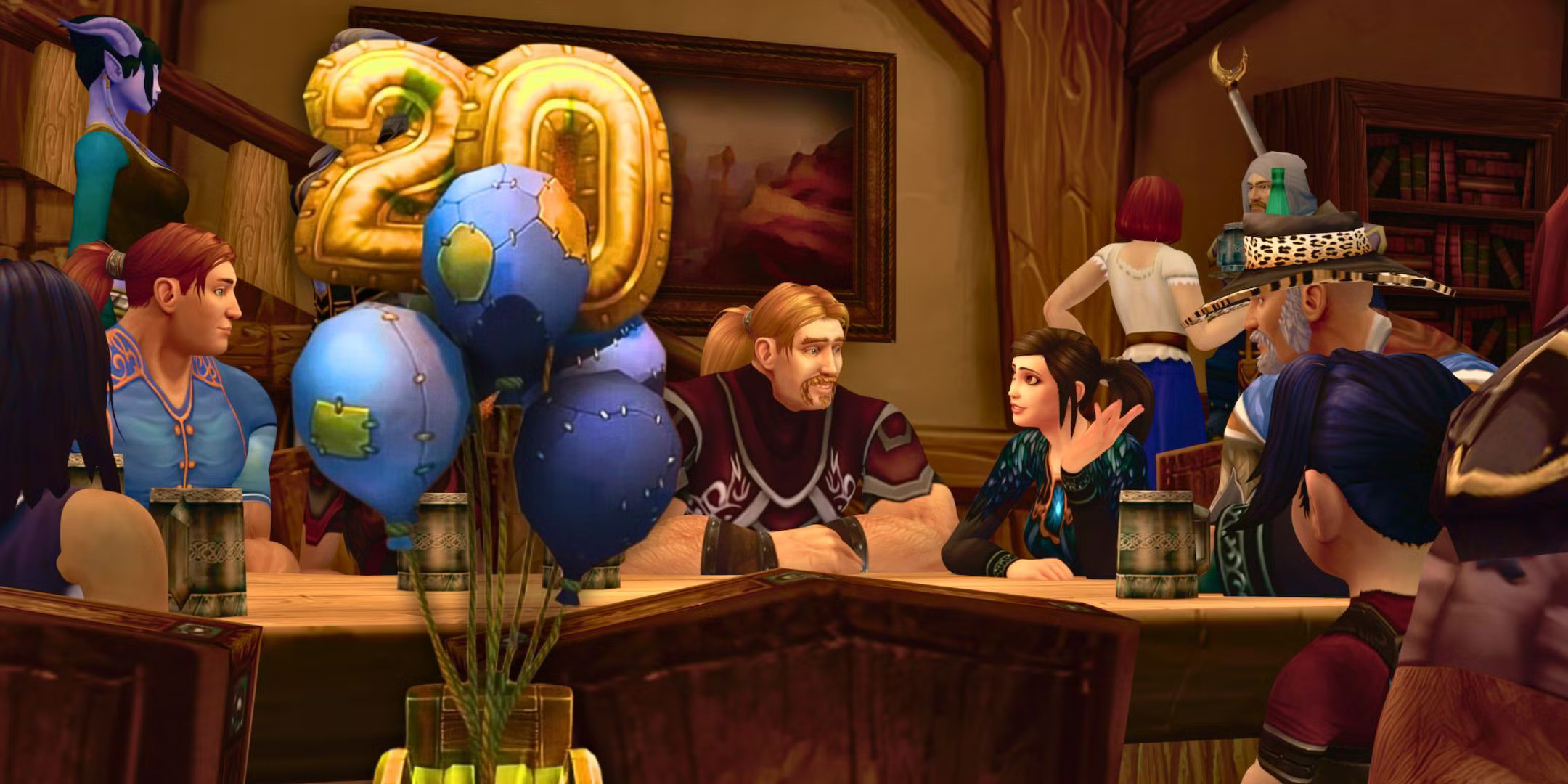Let me slip on my nostalgia goggles for a moment. The Internet before cell phones and social media was a magical place. It was not yet dominated by the Silicon Valley ‘giants’ to the degree it is today. Your experience online was not yet corralled into the silos of Google, Meta and so on. There were corners of the old Web that made it feel like a virtual Wild West of sorts.
Yes, there were risks: you could never be entirely sure who you were interacting with or if they were really who they claimed to be. But in hindsight, that golden age of anonymity offered something precious. It feels as though people expressed a truer version of themselves on cyberspace, free from the constant fear of online faux pas leading to real-world consequences. Today, as online personas form a dominant part of everyday life, the Internet seems filled with ‘public relations’ versions of people, shaped by virtue signalling and the spectre of cancel culture.
Back in the day, the Internet was a haven for the outsiders when the outsiders were very much ‘uncool’. Across chatrooms and online forums, and the earliest generation of online games, you could create genuine connections as someone who didn’t quite fit in with others in the same predicament. As absurd as it was considered back then, I formed the most enriching friendships in spaces like those, some of which endure to this day. The friends I made online, people I still have never met in person, helped me discover and appreciate sides to me that I think much of our society in Pakistan still wouldn’t accept. Most importantly, those spaces were where I met the woman I love, my partner of many years, for the first time.

When I spoke to family and real-life friends about those online friendships, I could always detect how incredulous they thought this notion was. As if only politeness stopped them from saying that it didn’t count: “You’ve never met them in real life. How do you know they’re real?” The idea of an online life was absurd at the time. When I visited my partner’s country to meet her in person for the first time, some of my friends and family even feared the worst. The idea that I had developed a genuine loving relationship with someone I met online was that alien to them.
When I watched ‘The Remarkable Life of Ibelin’ on Netflix recently, some of that nostalgia came rushing back. An incredibly moving documentary, it explores the online life of a now deceased young Norwegian man named Mats Steen who in real life suffered from a degenerative muscular disease known as Duchenne muscular dystrophy (DMD). Steen’s parents, wracked with guilt over their eldest child’s condition, open the documentary by voicing their worst fear: that Mats would never make close friends or find love; that he would never be able to make a difference in anyone’s life.
To make up for the opportunities and activities Duchenne would rob their son of, they reveal that they allowed Mats as much screen time as he wanted. From their vantage point, the older Mats grew and the worse his physical condition became, the more he seemingly withdrew into the world of video games. In their eyes he was wasting the precious little time that he could have spent outside, even if it was confined in a specially constructed wheelchair.
Before Mats passed away, he gave his parents the login credentials for a blog he started in his final few years. ‘It was as if he wanted us to know,” Mats’ parents believe. After his death at the age of 25, when DMD had completely mangled his body leaving his frame unable to support itself, the parents made a final entry to the blog: “The journey has come to an end.”
They received a flood of extensive condolences in return, from people all over Europe and beyond. Each one recounted in detail how valuable a friend Mats had been to them in a virtual world called ‘Azeroth’. For the last 10 years of his life, Mats had been making the most of his predicament through his virtual persona in the massively multiplayer online role-playing World of Warcraft (WoW).

The secret life
A 2019 article by Norwegian broadcaster NRK (republished in English by the BBC) first revealed the story of Mats secret life to the public. “We didn't understand why it was important for Mats to be online late in the evening and at night… We thought it was all about the game… We thought it was a competition that you were supposed to win," his father Robert said when interviewed at the time. "In retrospect, I think we should have been more interested in the game world, where he spent so much time," he lamented. "By not doing so, we robbed ourselves of an opportunity that we didn't know we had."
As Robert noted in his eulogy for Mats, the latter had spent between 15,000 and 20,000 hours in WoW during the last decade of his life. “That's equivalent to more than 10 years' full-time employment,” he remarked.
Far from time seemingly ‘wasted’, it was time Mats spent experiencing the little joys that most of us take for granted; as Ibelin (and another alter ego Jerome, not explored in the documentary) Mats cultivated close and meaningful friendships with other players that spent their time in WoW’s fictional reality. Beyond partaking in the game’s quests, it was time spent what could simply be described as hanging out with them.
The documentary touches upon two moving instances. We meet Xenia and her son Mikkel, both from Denmark, who credit Mats for helping them develop a close mother-son relationship. Mikkel, who lives with a form of autism, could not engage with people in traditional ways. Touch, especially, was something Mikkel says was unbearable for him, which in turn made Xenia unable to express affection towards her son. When Xenia, through her WoW avatar Reike, vents to Ibelin, Mats advice is simple: you both enjoy video games, why not connect through them. Later on, via Ibelin, Mats helps Mikkel overcome his social anxiety to an extent, encouraging him to become part of his WoW guild, named Starlight.
The film also introduces us to Lisette, who in her online guise as Rumour, appears to be Mats great love. Of a similar age to Mats, their avatars engage in flirtation, even a form of virtual dating. Lisette’s avatar Rumour, described by Mats as a ‘dark-haired, mysterious beauty’, is shown via an animated sequence to steal Ibelin’s hat. Their interaction builds up to a kiss on the cheek: "It was just a virtual kiss, but boy could I feel it," Mats writes in his blog, which serves as the documentary’s first person narration.

Rumour, at one point, vanishes from WoW for days. Eventually, Mats learns that Lisette’s parents, angry at the amount of time she spent online, had confiscated her computer. Mats addresses a letter to them, urging them to ‘reach an agreement’ instead of acting with anger.
The animated sequences, which feature the actual WoW avatars used by Mats and his friends, are created using 42,000 pages of logs that include conversations and character descriptions written by Mats and his friends in the course of playing the game.
One of those friends, in a condolence email to Mats’ father, remembers Ibelin as an ‘incurable romantic’ who ‘always had success with women’. The film does not fall into the trap of portraying Mats as a ‘selfless saint’. In WoW, he appears to have lived as something of a ‘womaniser’, a revelation his father admits made him feel ‘proud’ of his son.
Towards the end of his life, as his physical condition worsened, Mats as Ibelin starts behaving erratically, triggering quarrels with some of his friends. That period seems to have been partly motivated by a desire to remain anonymous, as other members of his guild tried to entice him into meeting in person.
The desire evokes Mats observations about his experiences with people in real life – how they spoke to him in a patronising manner and treated him as someone less than. “I’m not dumb,” he notes in his blog. When Mats as Ibelin reveals he suffers from DMD to Xenia, he insists that she keep it to herself and that she keeps her ‘pity’ for him in check.
In his eulogy for Mats, a video of which is shown towards the end of the documentary, Robert expresses immense joy and pride at his son’s resourcefulness: “You proved us wrong.”
"Mats told us he was gaming with other people, but we felt they couldn't know him as they hadn't met physically," Robert admits in the documentary. "Yet I think if you move ahead 10 years in time, we won't even have these kinds of conversations, we'll not differentiate between the digital and physical. For younger people, digital or physical, it's all very much the same, the relationships they've established online are as important and natural as physical relationships. It's just my generation where this is strange, as we never experienced it growing up."
Testament to the strength of Mats’ friendships was the presence of some Starlight members at his funeral. Not only that, the guild also holds an annual virtual remembrance within the game for Ibelin to this day.
